When you’re in your 20s or 30s, it’s easy to feel like financial planning can wait. Between student loans, rent or a mortgage, and the rising costs of everyday life, saving and investing often take the backseat. Social pressures like friends moving into bigger apartments, upgrading cars, or traveling more can make it feel like you’re already behind. And when your income finally grows, lifestyle creep (spending more as you earn more) can quietly eat away at your progress, sometimes even before you notice.
But here’s the truth: these early years offer a rare and powerful opportunity to build lasting wealth. Thanks to the power of compounding, small, consistent steps now can snowball into major gains later. Time is a resource you’ll never get back, and when it comes to building wealth, the earlier you start, the better off you’ll be. Even modest contributions in your 20s can make a bigger difference than larger contributions make decades later.
Why Time Matters More Than Timing
Let’s put it into perspective. Imagine you invest $300 a month starting at age 25, earning an average annual return of 9%. By age 65, you’ll have over $1,400,000. If you wait until 35 to start, you’d have to contribute more than double that monthly amount to catch up—and you still might fall short.
Compound interest doesn’t just reward money, it rewards patience. Starting early gives you a safety net for life’s uncertainties, from career changes or economic downturns to unexpected expenses. When you invest early, you give yourself the freedom to take calculated risks with your investments, knowing that time is on your side. Even small mistakes now are easier to recover from than mistakes made later in life.
But What About Everything Else?
We get it. Life gets expensive. Maybe you’ve got:
- Student loan debt
- Rising housing costs
- A growing family
- The pressure to “keep up” as friends upgrade homes, cars, and lifestyles
These are real obstacles, but they don’t have to stop you from starting. What we’ve seen with many clients is this: when you make saving and investing automatic, it becomes one less thing to worry about. You start to adapt your lifestyle around your goals, rather than letting circumstances dictate your choices. Even starting with $20 a week can build momentum. What matters is getting into the habit of saving consistently.
How to Get Started (Without Overwhelming Yourself)
You don’t need to invest thousands to make meaningful progress. Just start and build from there. A few practical steps to consider:
- Automate savings and investments. Pay yourself first by setting up recurring contributions before the money hits your checking account. You’ll be surprised how quickly it becomes “normal” and how little you’ll miss the money.
- Take advantage of your benefits. If your employer offers a 401(k) match, contribute at least enough to get the full match. That’s free money you don’t want to leave of the table.
- Open a Roth IRA. It’s one of the most powerful tools for young investors, offering tax-free growth and flexible withdrawal options. Even $50 or $100 a month can make a big difference over decades.
- Keep lifestyle creep in check. When you get a raise, increase your savings rate before upgrading your spending. Even a small incremental increase each year compounds over time. It can make the difference between retiring comfortably or struggling.
- Build an emergency fund. Aim for 3–6 months of expenses, so you’re not derailed by unexpected costs. Keep this money in a high-yield savings account, such as Ally Bank, so even your emergency savings earns interest while it sits.
Investing Early Isn’t About Sacrifice, It’s About Options
It’s easy to think of investing as “locking up” your money for later. But really, it’s about opening up possibilities. The money you put away now can support not just retirement, but future goals like starting a business, buying a home, taking a sabbatical, helping your kids through college, or simply having the freedom to say “yes” to new opportunities.
At Grunden Financial Advisory, Inc., we help people align today’s habits with tomorrow’s goals without giving up the life they want now. If you’re wondering where to begin, or how to balance it all, we’re here to help you build a financial plan that works for your real life.





